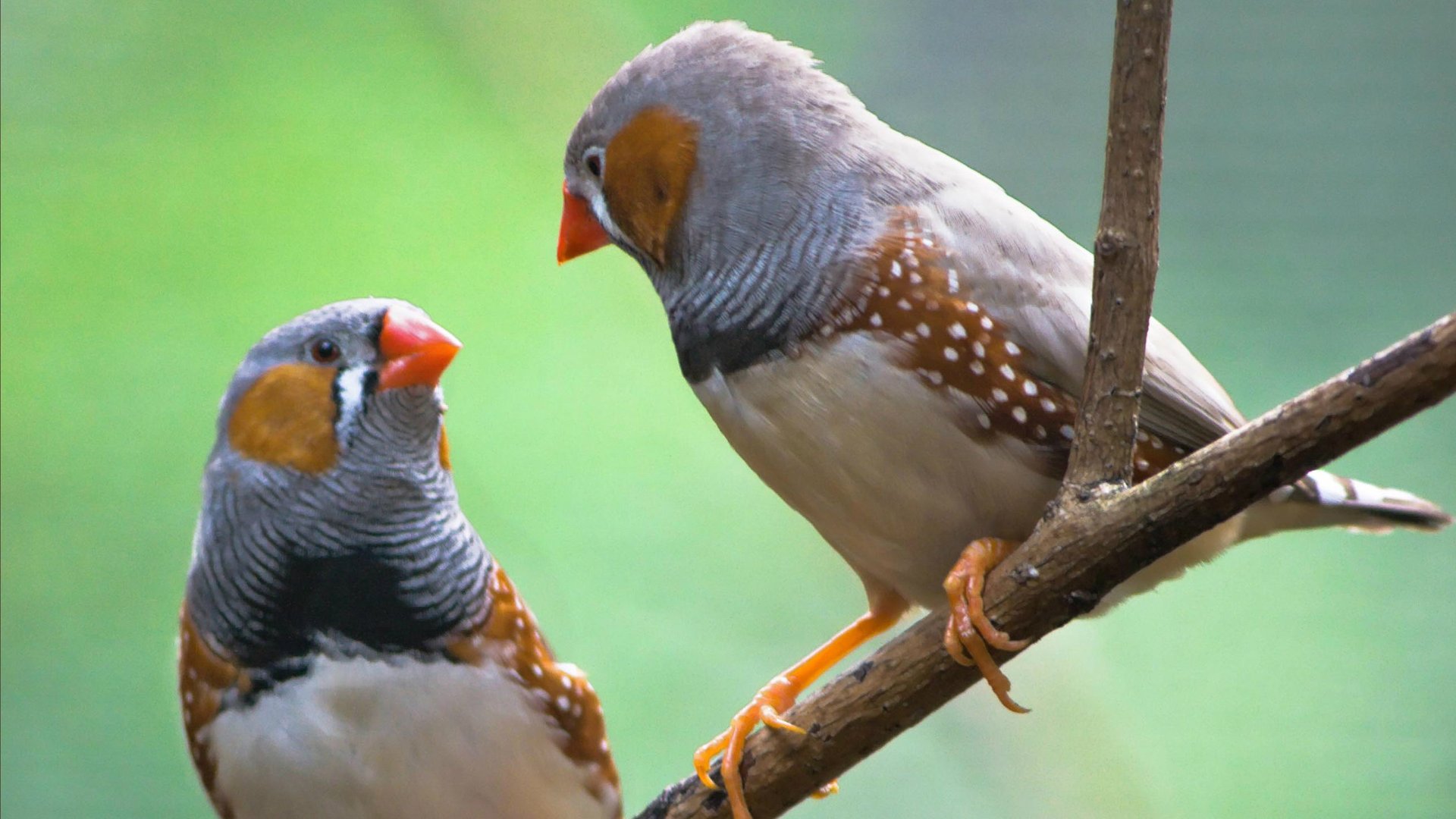Study: Birds that mate for love have more successful bird families
At least in some birds, it seems a love match is much better than an arranged marriage. A new study published on Sept. 14 in PLOS Biology shows that birds and their offspring fare much better when they pick their own mates.


At least in some birds, it seems a love match is much better than an arranged marriage. A new study published on Sept. 14 in PLOS Biology shows that birds and their offspring fare much better when they pick their own mates.
Behavioral ecologist Malika Ihle and her team at Max Planck Institute for Ornithology in Seewiesen, Germany took 160 single male zebra finches and let them choose their own mates. Half of the pairs were left alone with each other, while the other half were separated from their chosen ones and given new mates. Ihle told Quartz, the females were initially frustrated, calling from their cages for their original lovers.
After a few months, all the pairs were put back into communal aviaries to breed. The team found a 37% higher success rate of reproduction among birds paired with mates they had picked themselves, compared to those in arranged pairs.
Said Ihle, “Even though the assigned pairs eventually agreed to breed, they couldn’t reach as high fitness as the chosen mates. They seemed to not be stimulated or motivated enough. It’s not that they didn’t want to, but they couldn’t manage to coordinate their behavior as well with their assigned partner.”
Female finches who had been forced into arranged pairs were found less willing to mate. Their partners were also significantly more negligent when their offspring hatched, not to mention more likely to stray to other females. Assigned pairs had more infertile eggs and higher mortality rates in hatched babies.
Though other studies have sought to show the importance of mate selection, here the researchers seem to have shown more clearly that there is a special connection between birds that choose each other. The researchers note it’s not simply that some birds are more genetically fit to mate than others; rather, birds that choose each other seem genuinely more compatible.
Image by NeilsPhotography on Flickr, licensed under CC-BY-2.0.